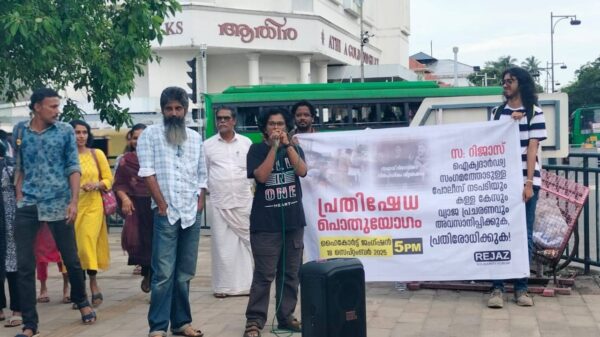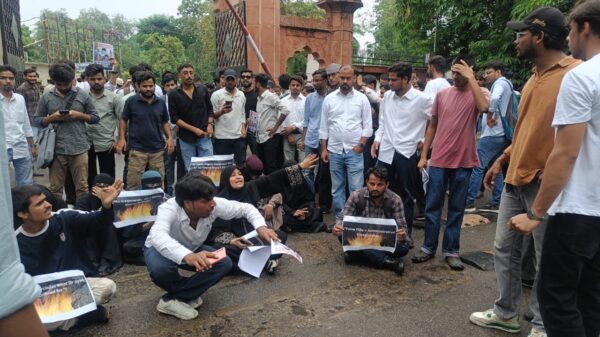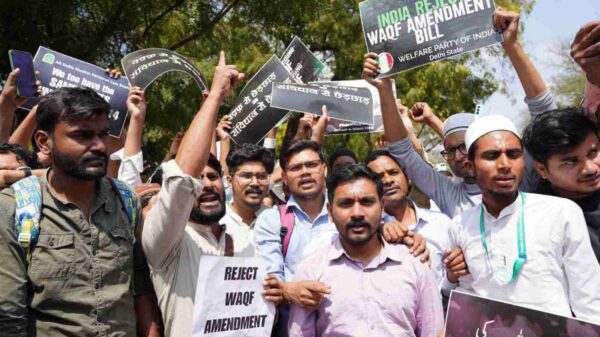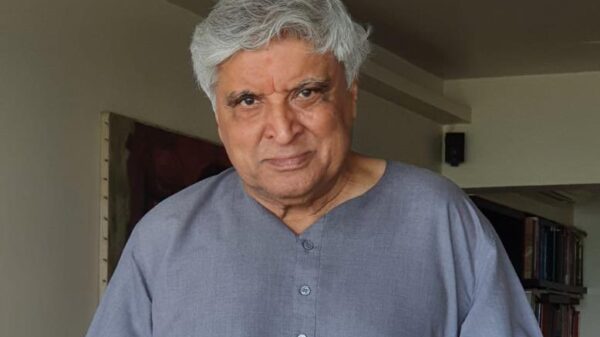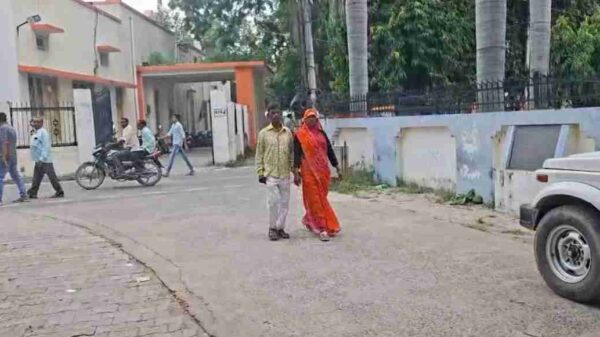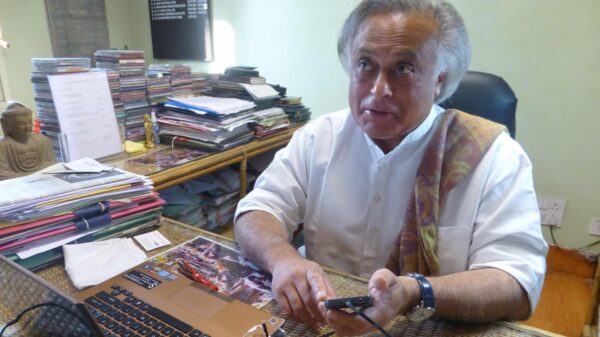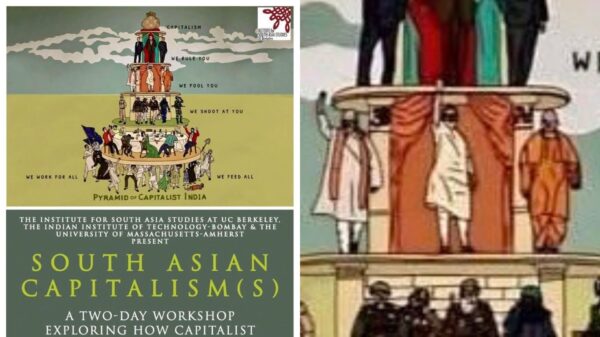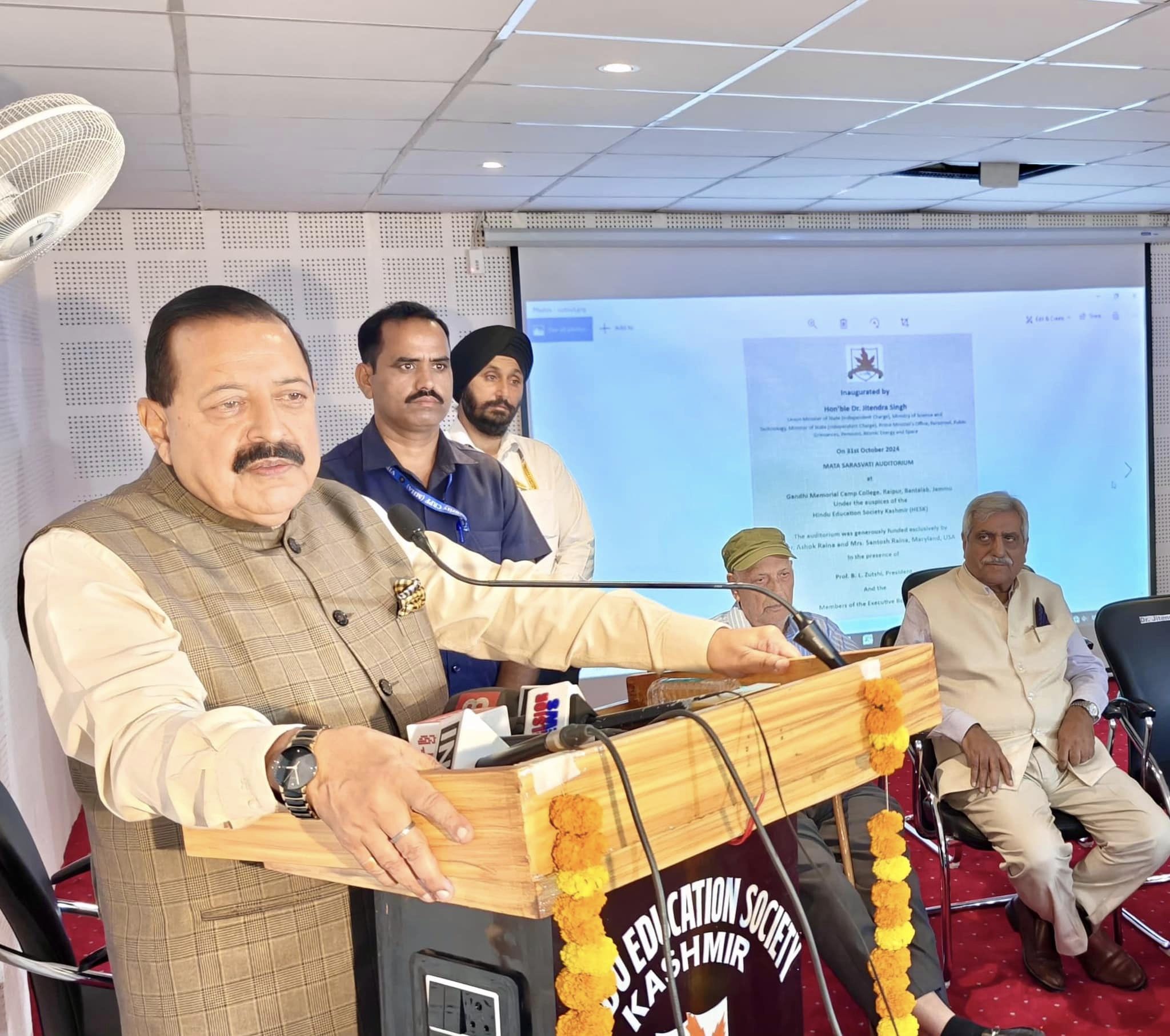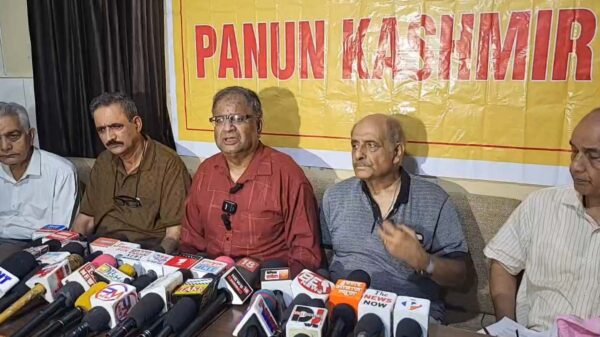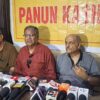Union Minister Jitendra Singh made a strong statement on Thursday, saying that Kashmir’s majority community will one day regret the exodus of Kashmiri Pandits, whom he said were essential to Kashmir’s culture. Speaking at the inauguration of the Mata Saraswati Auditorium at Gandhi Memorial College, Singh said, “Kashmir is no longer Kashmir without the presence of Kashmiri Pandits. The composite culture that Kashmir is known for was possible because of the Pandit community.”
The minister credited the 2019 abrogation of Article 370, which revoked Jammu and Kashmir’s special status, for bringing “positive changes” to the region, claiming that “deep down, common people, including Kashmiri Muslims, are happy about it.” He also suggested that the exodus of Kashmiri Pandits in the early 1990s—a traumatic event that saw a significant number of Pandits leave the Valley due to fear and violence—would be a source of regret for Kashmir’s Muslims.
“I have no hesitation in saying this. Despite sounding orthodox or even rebellious, I have said that the day would come when the majority community in Kashmir would regret the exodus of Pandits. I believe this is going to happen soon,” he said.
In his speech, Singh said it was important to revive Kashmir’s “unique composite culture,” recounting his conversations with Kashmiri Pandit intellectuals. “The values of a composite upbringing are now fading,” he said. “This was not realised immediately, but after two or three generations, it is being felt.”
However, some observers question Singh’s portrayal of widespread support for the Article 370 revocation, as many Kashmiris still voice concerns over the decision. A local political analyst commented, “While some development projects have started, the people of Kashmir face numerous hardships, including restrictions on political activity and fears over demographic changes. It’s misleading to claim blanket support from the local population.”
Singh’s comments also veered into education policy as he praised the National Education Policy (NEP) 2020, which he said liberates students from limited career choices. According to him, the NEP empowers students to follow paths that align with their talents, enabling them to contribute to India’s growth. “Teachers play a crucial role in shaping futures. They should guide students to use technology for knowledge,” he added.
As part of the NEP’s vision for self-reliance, Singh encouraged students to explore start-ups, especially in fields utilizing Himalayan bio-resources. “The Himalayan bio-resources hold immense value for India’s economy,” he noted, announcing a government-backed start-up exhibition in Srinagar as a way to encourage entrepreneurial innovation.









